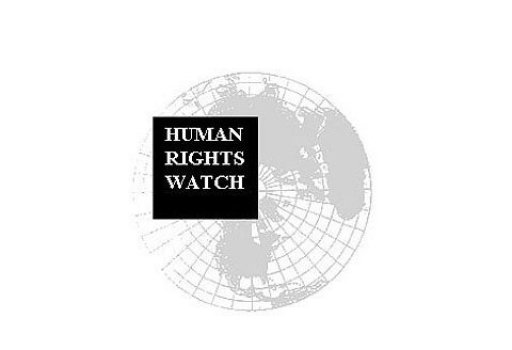Members of the freedoms committee in the Lawyers’ Syndicate denied on Wednesday having witnessed any discriminatory treatment for inmates of Tora Farm Prison. The prison contains many prominent ex-regime figures.
The visit was organised after the freedoms committee received mixed complaints; some claiming that former regime figures are being given special treatment in prison, and others claiming they had been mistreated.
The delegation of lawyers arrived in the prison on Tuesday during inmates visiting hours; a matter which gave them the opportunity to meet with many former regime figures currently serving time in prison.
“We asked them if they were receiving any special treatment,” Mohsen Abu Se’da, member of the executive office of the committee, stated in a press conference held on Wednesday in the syndicate’s headquarters, “they responded rhetorically asking us if we noticed any special treatment.”
The figures the delegation met with include: Alaa Mubarak, Safwat Al-Sherif, Hisham Tal’at Mustafa, Ibrahim Seliman, Zakareya Azmy, Ahmed Nazif, Amin Abaza, Nabil Shokry and Mohamed Bassem.
Former president Hosny Mubarak and his younger son Gamal both refused to meet with the delegation, alongside Ahmed Ezz and former Minister of Interior Habib Al-Adly.
“We didn’t see any of them,” Tarek Ibrahim, the committee’s general coordinator, said, “Mubarak could not be in prison for all we know.”
The delegation stated that prison regulations prevent them from meeting with an inmate without the inmate’s approval. The regulations also prevent them from visiting prison cells without the approval of the inmates who occupy them.
“We didn’t enter any cells occupied by inmates,” Abu Se’da said, “but we did enter an empty cell; it was quite clean and the toilets were in good condition.”
Another delegation member, Mahmoud Shobeir, added that no air-conditioners were spotted in the empty cell they visited. He nevertheless noted the presence of a television set; security personnel escorting the delegation told them that this set is allowed into cells according to prison regulations.
“The security personnel allowed us access into prison cells despite it being illegal,” Shobeir said, “but we found it embarrassing to ask somebody like Azmy to take is to his cell. Besides, we wanted to leave a good impression in order to be allowed to visit other prisons in the future.”
The delegation was criticised by some journalists who attended the press conference. One journalist stated that the visit was fruitless since it didn’t “prove” the lack of discrimination as it didn’t visit any prison cells.
“There are several question marks in regards to this visit,” Ibrahim said, adding that out of all the prison visits he attended this was the first time he was allowed to visit at least 80 percent of the inmates.
“Tora Prison is made up of five prisons; we were only allowed access into two,” Ibrahim said, “we weren’t allowed to visit any normal inmates except a few soldiers imprisoned for absence from the army service alongside a number of inmates imprisoned for money-related crimes.”
Ibrahim believes that the visit was highly esteemed by the prison authorities. “If this is the condition of all other prisons in Egypt, then the Ministry of Interior has created a leap in prison conditions.”
The delegation was given permission to visit the prison after filing a formal request to the prosecutor general. The Ministry of Interior sponsored the visit in a way the delegation described as highly positive and reflective of respect of law,
